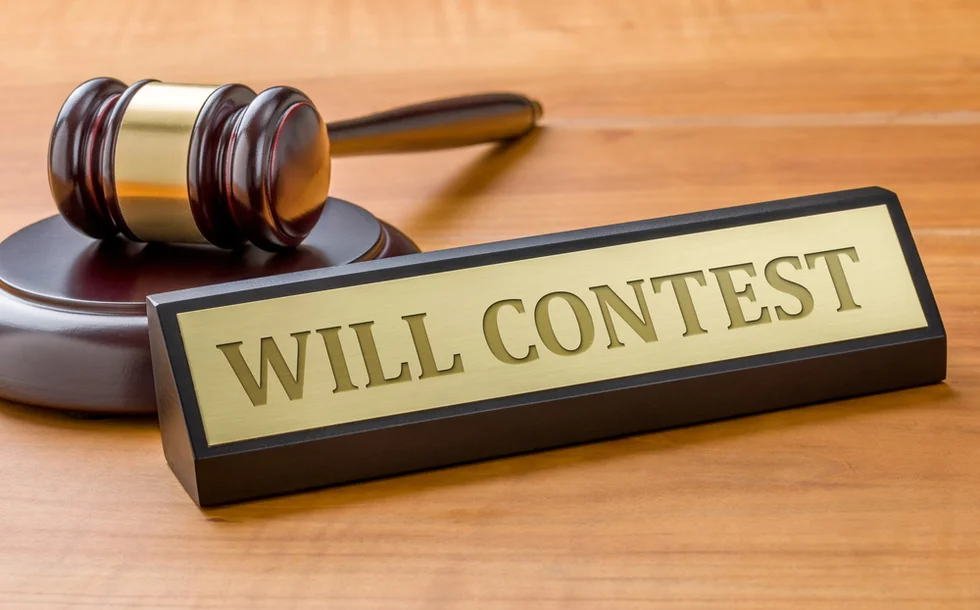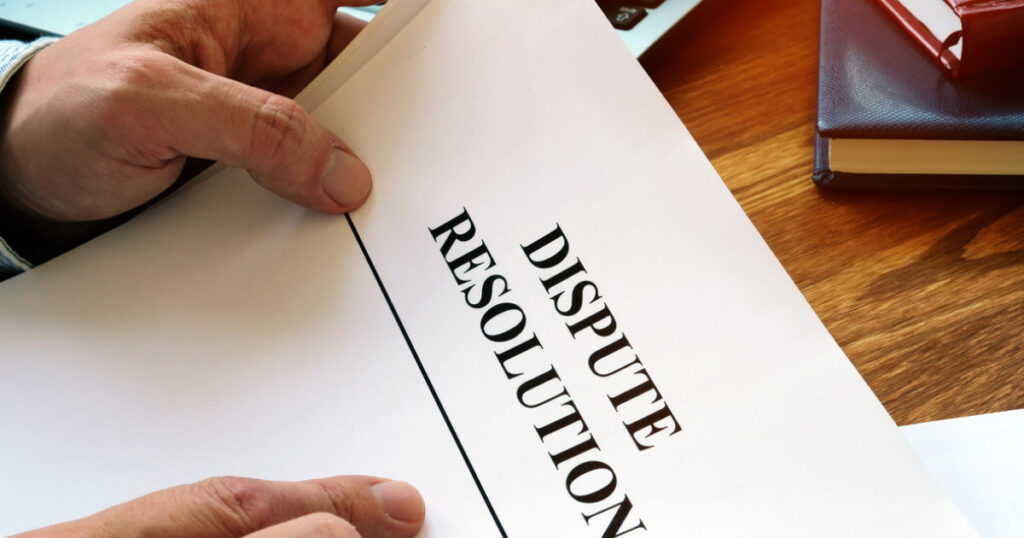Key Considerations in Estate Litigation
Estate litigation can be a complex and emotionally charged process, often requiring careful consideration of various legal factors. Understanding these key considerations is crucial for anyone involved in a probate dispute, as they can significantly impact the outcome of the case.
Factors such as the validity of the will, the rights of heirs, and the duties of executors play a pivotal role in estate litigation. For example, if a will is contested, the court may need to assess whether it was properly executed according to state laws. Additionally, understanding the fiduciary responsibilities of executors can help prevent potential conflicts and ensure that the estate is administered fairly.
Common Causes of Probate Disputes
Probate disputes can arise from a variety of issues, each rooted in differing interpretations of the deceased's wishes or legal obligations. Identifying these common causes can help parties approach the situation more effectively and seek resolution.
Some frequent causes of probate disputes include disagreements over the interpretation of the will, claims of undue influence, and challenges to the competency of the testator at the time the will was created. For instance, if a family member believes that the deceased was coerced into changing their will, they may initiate litigation to contest its validity.
Strategies for Resolving Estate Disputes
Resolving estate disputes can often be achieved through various strategies that aim to minimize conflict and promote amicable solutions. Understanding these strategies can empower parties to navigate the complexities of estate litigation more effectively.
Mediation and negotiation are two common strategies used to resolve disputes outside of court. These methods allow parties to discuss their concerns and work towards a mutually acceptable solution, potentially saving time and legal expenses. For example, involving a neutral third-party mediator can facilitate communication and help identify common ground between disputing parties.
Legal Resources for Estate Litigation
Access to reliable legal resources is essential for individuals facing estate litigation, as these resources can provide valuable guidance and support throughout the process. Knowing where to find these resources can significantly enhance a party's understanding of their rights and options.
Legal resources may include informational websites, legal aid organizations, and professional associations specializing in estate law. For instance, the American Bar Association offers a wealth of information on estate planning and probate law, helping individuals make informed decisions. Additionally, consulting with an experienced probate attorney can provide personalized insights tailored to specific situations.


